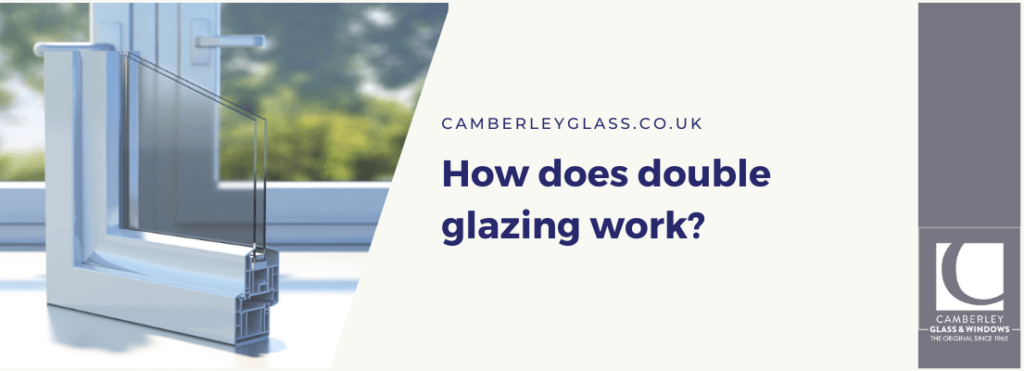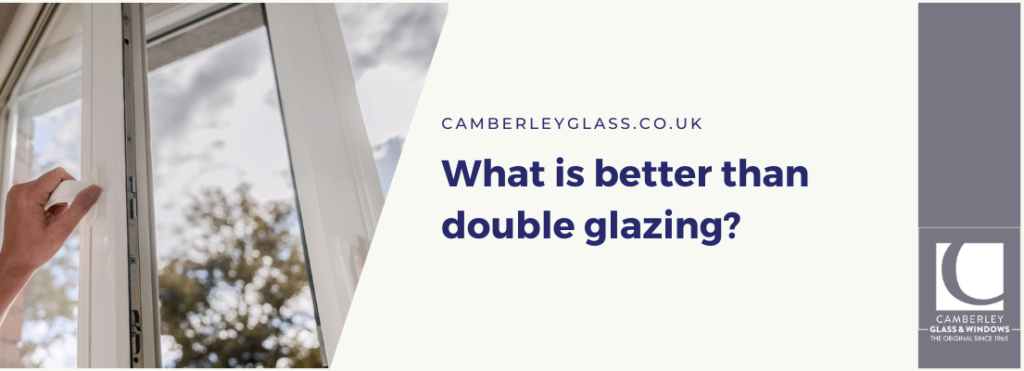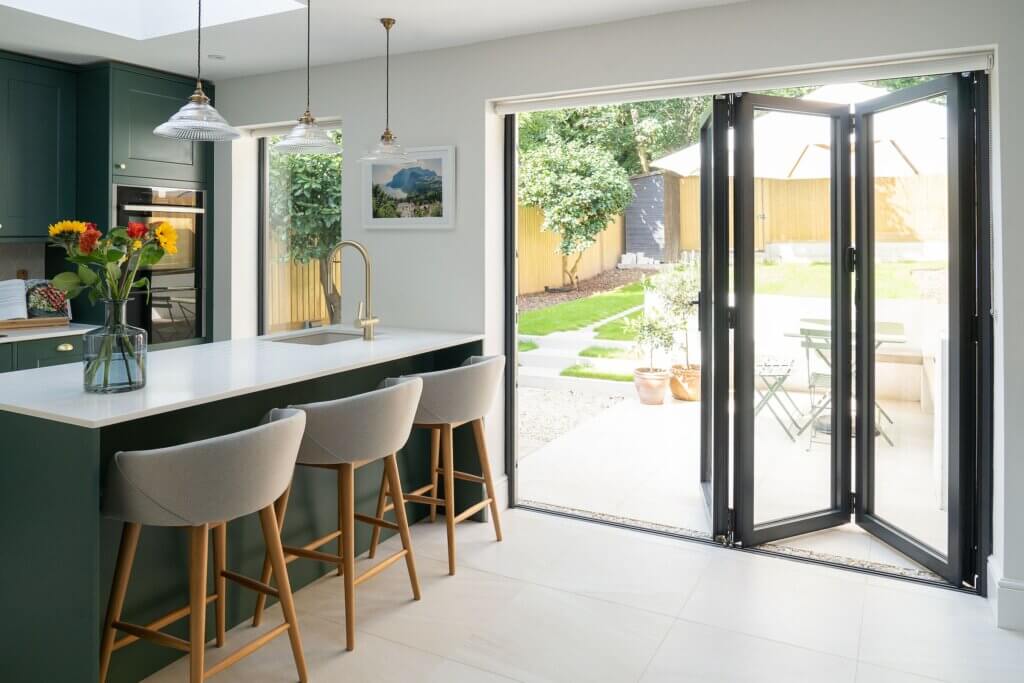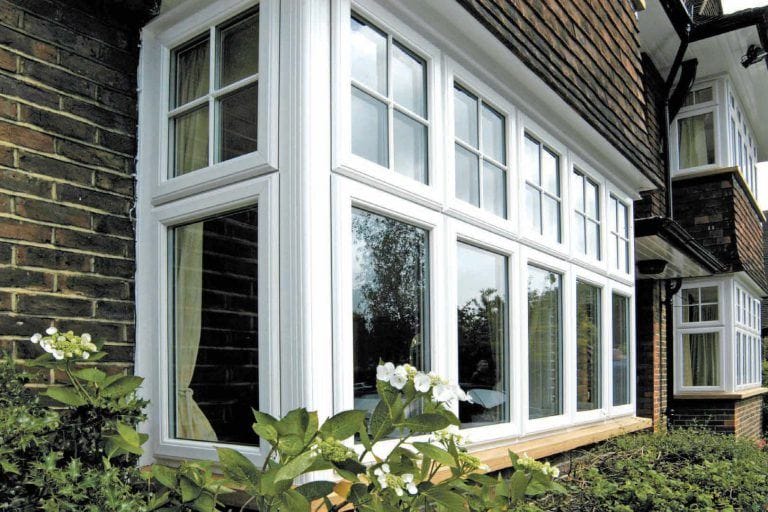
Double glazing is a standard fixture in many people’s homes, with some even opting for triple glazing. But do you actually know how it works?
The first double glazing appeared in 1930, but we have evidence that this was used as far back as Victorian times. Double glazing solved the issue of heat loss through the windows, and allowed architects to start adding larger windows to homes. Previously, windows needed to be small to use less glass and to reduce the amount of heat lost.
With the arrival of the earliest forms of double glazing, windows could become larger, which made homes more energy efficient. They could make the most of the daylight and also helped to retain heat in the winter months, reducing the amount it cost to heat a home while also making it more comfortable.
If you’re curious about how to make your double glazing more efficient, you first need to know how it works. This knowledge will also give you the power to know when it’s time to make repairs to your double glazing, or accept that it’s time to replace it. Read on to learn more about how double glazing works.

How does double glazing work?
Double glazing has two panes of glass set in a frame. Between the glass is a thin layer of air (a vacuum) and this sometimes contains inert gas such as argon. Argon has 67% of the thermal conductivity of air, which makes it poor at conducting heat. This means that it traps warm air between the panes of glass, helping to keep your home warmer and more comfortable.
With a single pane of glass, heat is lost directly through the pane, making it difficult to keep a room warm. But with double glazing, when sunlight passes through the pane, it heats up the air in the middle which creates a buffer. The double panes also offer increased sound insulation. This means that noises from outside are less likely to disturb you.

What are the advantages of double glazing?
The main advantage of double glazing is that it will make your home more energy efficient. It will be cheaper to heat your home, as less heat will be lost through the window. It can also make your home more comfortable, particularly in the colder winter months.
Double glazing also allows you to have larger windows in your home. With single glazing, the windows need to be small so that the surface area of heat loss is smaller. But with double glazing, you can afford to have much larger windows.
Double glazing also offers protection from noise pollution. The double panes of glass offer increased protection against noise pollution from the outside.
Double glazing also helps to prevent condensation build up in your home, which can lead to damp, mouldy patches. However, condensation can build up between the panes of glass, making it difficult to see out and making the windows less efficient.
And finally, double glazing can make your home more secure by helping to deter thieves. However, it can be more expensive to replace double glazing if thieves smash a window to gain entry to your home.

What are the disadvantages of double glazing?
One of the biggest benefits of double glazing can also be its biggest drawback, particularly in summer. Double glazing is excellent at trapping heat, but this can make your home very hot in the summer. Sunlight will enter your home and heat up the interior, but it will then be very difficult to cool your interiors down once it has heated up. One solution for this is to use reflective foil on your windows to block some of the sun’s rays.
Another disadvantage of double glazing is that it can be expensive to install. It’s also prone to failure, which can be costly to fix or replace. The seals on your windows need to be regularly maintained to ensure that the windows keep working efficiently.
And if you have a smashed window, this can be more expensive to replace than a single glazing window. If you have young children who enjoy ball sports, you might want to consider keeping them away from the house to avoid any potential mishaps.

What is better than double glazing?
Triple glazing is now an option for many homeowners. This is the most efficient form of home glazing and will offer the best protection against cold conditions and noise. Triple glazing uses an additional pane of glass to help increase thermal efficiency and offer even more protection against noise pollution. Using triple glazing alongside reflective film on the glass will help to make your home warmer in winter and cooler in summer. This can help to drive down your energy bills and make your home more comfortable to be in.



